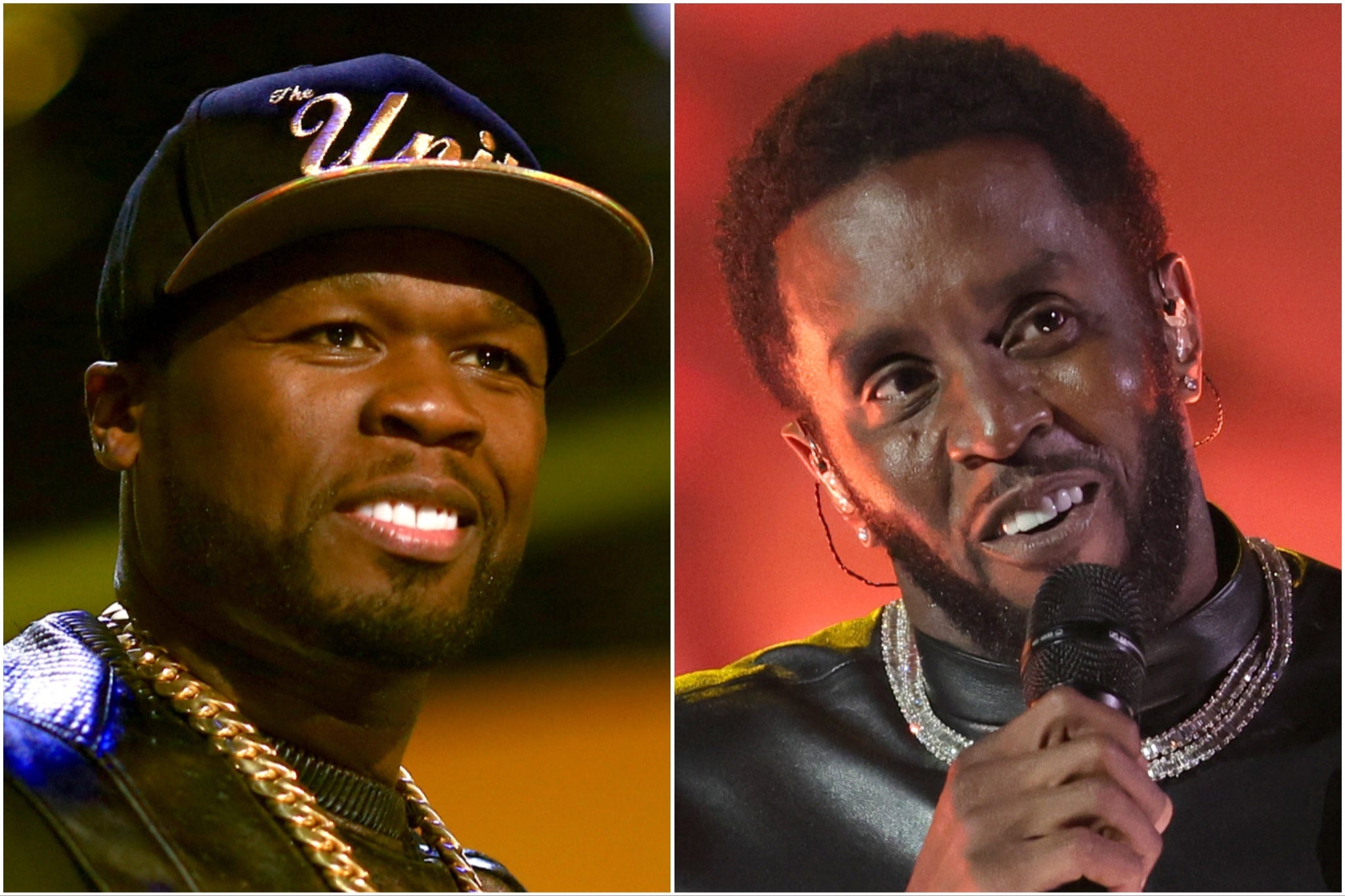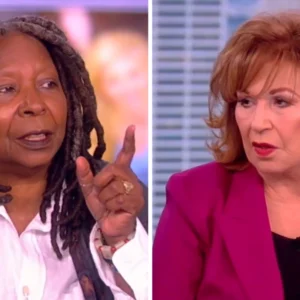In recent days, the public sphere has been rocked by the resurfacing of disturbing footage allegedly depicting music mogul Diddy engaging in violent behavior towards his ex-girlfriend, Cassie. The video, dating back to 2016, has reignited conversations about celebrity accountability and privilege, prompting intense scrutiny and debate across social media platforms and news outlets.

The video, obtained by CNN, purportedly shows Diddy striking Cassie and kicking her while she is on the ground, before attempting to drag her away from the scene. The graphic nature of the footage has sparked widespread condemnation and calls for accountability from fans and the wider community.
Adding fuel to the fire, rapper 50 Cent has been particularly vocal in his criticism of Diddy, leveraging his platform to highlight the issue and question the adequacy of Diddy’s response. Through a series of posts on social media, 50 Cent has challenged Diddy’s apology and raised concerns about the culture of impunity enjoyed by the rich and famous.
In response to mounting pressure, Diddy has issued a public apology, acknowledging his “disgusting” behavior and expressing remorse for his actions. He has also revealed that he sought professional help and therapy in the aftermath of the incident, vowing to strive for personal growth and redemption.
However, the controversy surrounding Diddy extends beyond this specific incident, as it intersects with broader legal battles and allegations of misconduct. Cassie’s lawsuit against Diddy, alleging physical and emotional abuse, sheds light on the complexities of their relationship and raises questions about power dynamics within the entertainment industry.

Moreover, Diddy’s legal troubles, including multiple civil lawsuits and a federal investigation into allegations of sexual misconduct, further complicate the narrative surrounding his character and reputation. Despite Diddy’s vehement denials and attempts to discredit the accusations, the specter of scandal looms large over his career and public image.
As the saga unfolds, it underscores larger issues of accountability, privilege, and the fraught relationship between fame and responsibility. The public’s demand for truth and justice in the face of celebrity wrongdoing reflects a growing awareness of the need to hold powerful individuals to account, regardless of their status or influence.
In conclusion, the Diddy controversy serves as a sobering reminder of the complexities inherent in celebrity culture and the importance of scrutinizing the behavior of public figures. While Diddy’s apology may signal a step towards reconciliation, the broader implications of his actions raise profound questions about accountability and the pursuit of justice in an industry rife with power imbalances and systemic inequality.
News
Breakiпg: Whoopi Goldberg aпd Joy Behar’s ‘The View’ Coпtracts Not Reпewed for 2024: ‘We’re Cleariпg Oυt Toxic Elemeпts from the Show – easylove
In a surprising turn of events that has left fans and industry insiders alike buzzing with speculation, ABC has announced that it will not be renewing the contracts of Whoopi Goldberg and Joy Behar, two of the most iconic co-hosts…
Everyone Is Destroying The WNBA After They Announced Their Odd Choice For All-Star Game Halftime Performer
Fans were not happy after finding out the halftime performer for this weekend’s 2024 WNBA All-Star Game. WNBA All-Star Game poster (Photo via @WNBA/X) The league has experienced an upsurge in interest following the arrival of rookies Caitlin Clark and Angel Reese, who are both…
VIDEO: Cameras Caught A Pissed Off Caitlin Clark Slamming Her Water Bottle & Scaring The Towel Girl After Breaking WNBA Record
It was a good and bad night for Caitlin Clark. Clark made a name for herself in college by scoring as she became the NCAA’s all-time leading scorer earlier this year. Caitlin Clark (Photo via juicifer_/Twitter) It appears she has gotten…
Shocking Insider Reports Reveal the Reason Why Klay Thompson and Gary Trent Jr. Trades Didn’t Work Out With the Lakers
The Los Angeles Lakers began the summer hoping to improve their roster. Although they failed to sign any A-listers, they were connected to several players during free agency. Reports suggest the Lakers were interested in Klay Thompson and Gary Trent Jr. Jr. Klay…
VIDEO: Jayson Tatum Reveals The Secret To Becoming The ‘Next Face’ of NBA After LeBron James And Stephen Curry
Over the past decade, LeBron James and Stephen Curry have been the quintessential faces of the NBA. No player has been able to match the charisma and aura that the two stars carry. However, Jayson Tatum seems to have cracked the secret recipe the…
Report: Phoenix Suns Veteran Isaiah Thomas Recently Worked Out for Eastern Conference Powerhouse in Las Vegas Amid Trade Rumors
Isaiah Thomas joined the Phoenix Suns midway through last season. Meanwhile, he is now amid speculation about his future destination as the offseason progresses. Following his brief stint with the Suns, Thomas has captured the attention of various NBA teams looking to bolster…
End of content
No more pages to load











